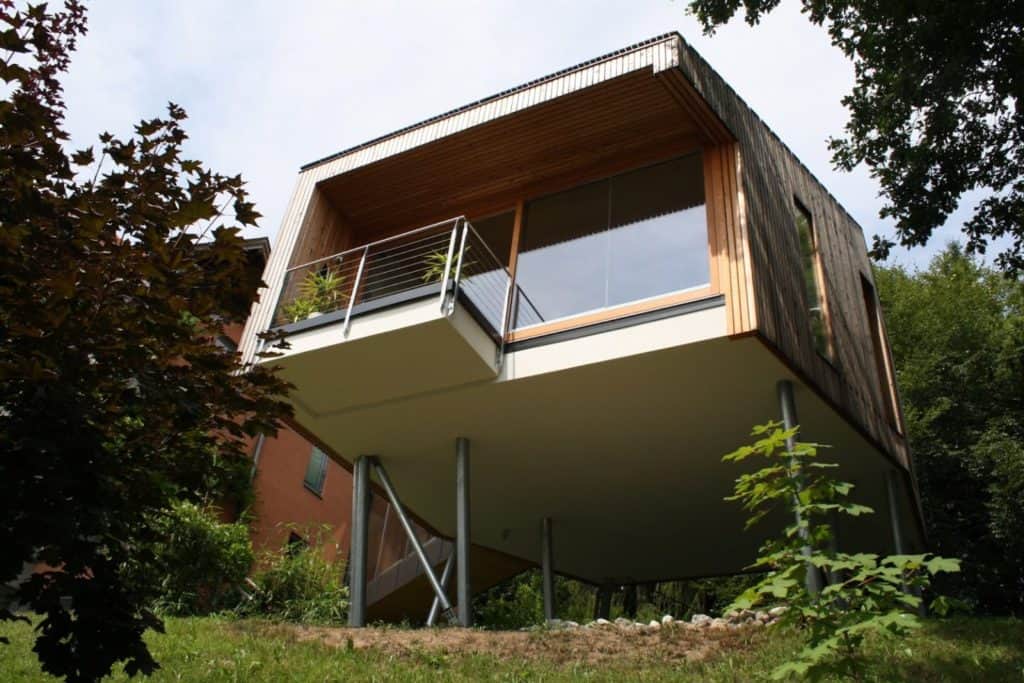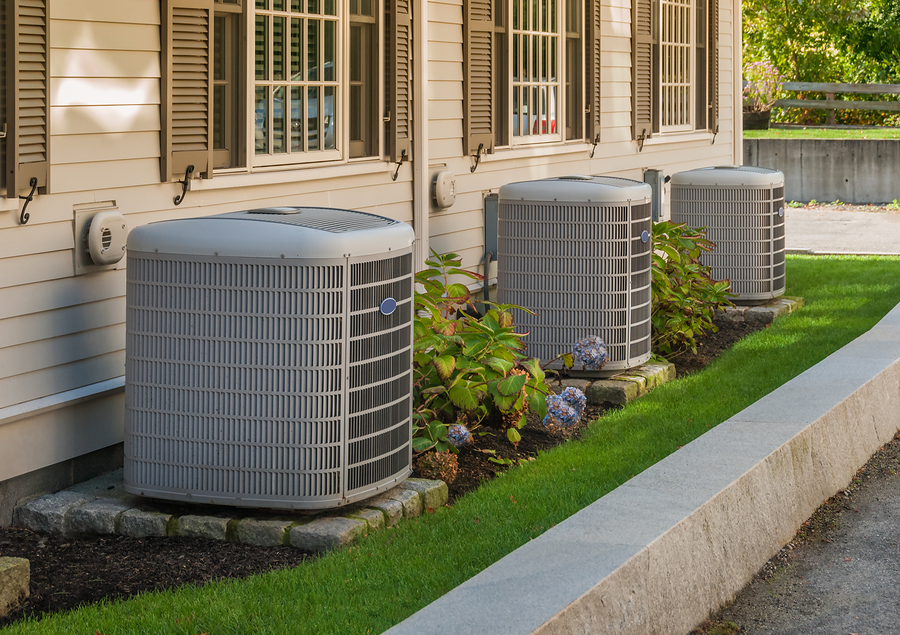A higher air quality, it means less pollution and more clean air in the building. It also means improved oxygen delivery to our lungs and brain which provides additional cognitive performance, while a symptom of oxygen deficiency includes impairment of cognitive performance.
A joint study by Harvard and Syracuse Universities looked at the relationship between indoor air quality and work productivity. Research teams tested employees in a variety of office environments that contained varying concentrations of carbon dioxide, emissions from office equipment, and different ventilation systems. Employees were tested and tracked in two different situations. In one case, employees performed routine tasks in a “green” environment with improved ventilation, where carbon dioxide concentrations and emissions were reduced. In another case, the employees had to work in the normal conditions of an office building.
“Employees who performed their tasks in a green environment performed approximately 60% better at performing intellectual tasks than employees who were tested in a standard office environment”. “When ventilation performance in the green zone was doubled, people’s cognitive performance increased by more than 100%. These results are more than sufficient reason to take air quality seriously in offices and other workplaces, as it affects not only the health of your employees but also the bottom line of the company. ”
In addition to the cognitive benefits of improved air quality, good air quality also improves overall health. Another study was carried out, which examined 10 buildings with certificates of “green” objects. It was determined that employees who work there are about 30% less likely to experience headaches and respiratory problems than employees who work in regular office buildings. This became the main reason for the increase in the efficiency of solving intellectual problems by 27%. Employees from such buildings sleep even better at night.
In nowadays reality, when people work from home due to pandemics and “new” companies policy, air quality in-home important as never before.
RELATIONSHIP BETWEEN AIR QUALITY AND PRODUCTIVITY WHILE WORK FROM HOME.
How is air quality impact your efficiency? Indoor air quality can be improved by identifying home air quality problems. Variables such as carbon dioxide emissions, not insufficient humidity, excessive humidity, airflow, and temperature can be analyzed to determine if there are indoor air quality problems. In addition, preventive measures must be taken to ensure good air quality. Existing heating and cooling systems, filters, and purifiers should be regularly maintained and inspected to stop the spread of contaminants before they become a problem.
THREE PILLARS OF HOME AIR QUALITY
There are three main strategies that need to be combined to control indoor air quality. It is necessary to reduce the concentration of contaminants and remove them from the home through the filtration system of the HVAC system. That is why so important to replace filters on regular basis.
It is necessary to remove sources of pollution from home.

Biological contaminants
Contaminants such as mold, bacteria, pollen, and other allergens can accumulate due to poor maintenance of HVAC systems or poor cleaning of the home and can be carried into a home by its residents or with air from outside. Chemical contamination often results from the use of products such as chemical cleaners or certain appliances in buildings. Homeowners should primarily focus on minimizing human exposure to such pollution.

Energy Efficient Homes
“As homes become more energy-efficient, they are becoming more airtight. This means that less air enters and leaves the building, which can easily trap pollution inside. “In these conditions, ventilation is required to control air quality because it can reduce the concentration of substances such as mold and carbon dioxide. HVAC systems are an integral part of the infrastructure for maintaining good air quality, but in some cases, they can also be sources of pollution as filters can become contaminated with moisture or dirt, which can lead to microbial growth.

Proper HVAC Systems
HVAC systems work most efficiently when they are designed with the needs of the home in which they are installed. Therefore, in the event of changes in the structure of the building, the HVAC system must be modernized to reflect such changes. For example, if a house is modernized to accommodate more people, the HVAC system must also be changed.
HOW IS AIR QUALITY IMPACT YOUR EFFICIENCY?
Homeowners have a key responsibility in maintaining good air quality. They should assess the current indoor air quality by analyzing data on the HVAC system design, installation and operation, and form a building indoor air profile that identifies potential sources of air pollution.
If you want to improve the air quality of your home and your productivity while you work from home, contact Vese Heating & Cooling and get professional advice. Make sure your HVAC system is in top condition and ready to run. For additional service tips or to schedule a service appointment, Contact Vese Heating & Cooling or call (825)343-6222.

